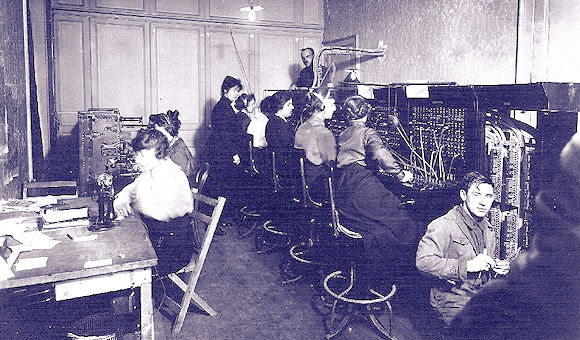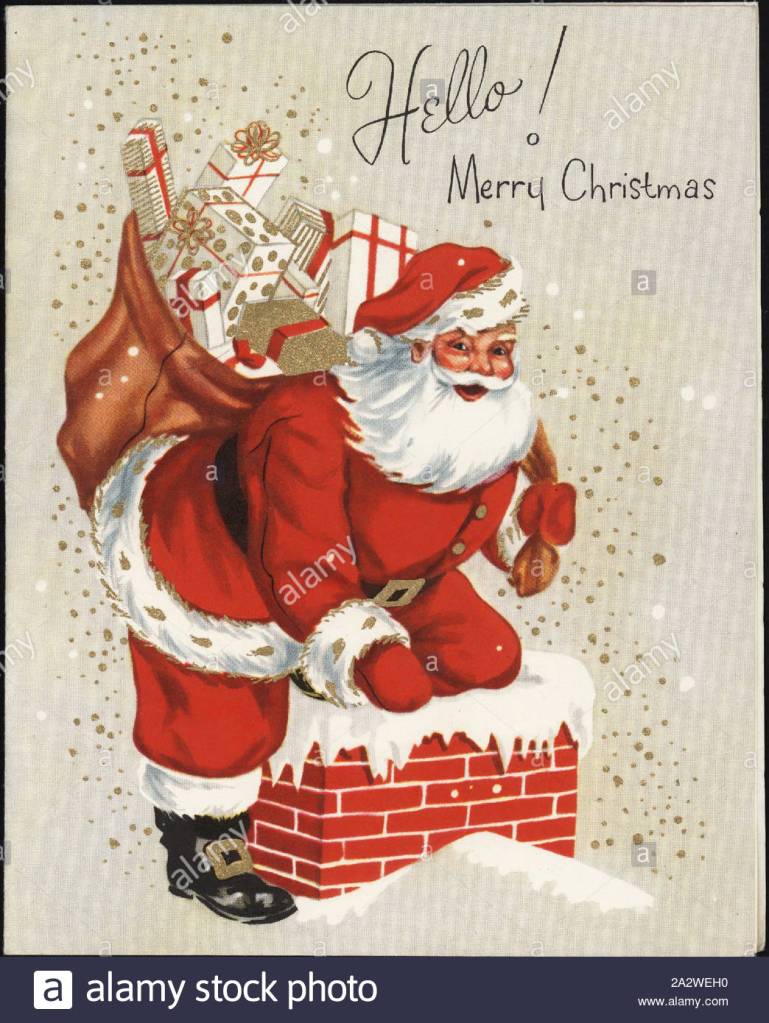November, 2020
I’d seen him – or parts of him – umpteen times before, because he lives only a few doors down the road. His car is parked on the drive and he’s always tinkering with it, head in the bonnet or the boot. When he’s under it, only his feet are visible to the passer-by. He’d never spoken to me before, but that day he did. Crouching at ground level, he looked up, opened his mouth and a single word came out, hanging in the air as if in a cartoon bubble. I just had time to smile in reply when it burst and he turned his attention back to the tyres. It could never have been a ‘Hi there!’ or, ‘Nice morning, isn’t it?’ There was too much of a Stanley or a Clive about him for that.
Funnily enough, I haven’t seen him since – or the car. Maybe it crashed into a tree, movie-star style or his wife couldn’t compete anymore, brained him with a spanner and put him under the patio….
My neighbour’s hello was the verbal equivalent of a little nod, an everyday acknowledgement of another’s presence in the same part of the world. Not the first step to an introduction or conversation.

Later the same month – between lockdowns – I met a friend for coffee, our ‘hellos’ and ‘how are yous’ the start of our usual pleasant moan about how things were and how odd other people could be. When I mentioned the Stanley moment, talk turned to her new son-in-law, who ‘doesn’t say hello like a normal person , but – Howdy! He thinks he’s a cowboy,’ she sniffed. It has a nice pedigree, actually, Howdy – short for ‘How do Ye?’
I’m fond of old westerns too – more for the scenery than the action – and love the Native American gestures so suited to the range and wide open spaces. Like the expansive sweep of the arm or the simple raising of the hand, that say,’ I come in peace!’ A greeting that can be adapted to any environment, if you think about it….
A modern form of the mediaeval Hey Lo, hello has its own history. And other ancestors, when it wasn’t a greeting, but a call for attention. It was the shout across water to hail a ferryman and the Halloo! resounding through the hunting forests, to summon the hounds when the quarry was sighted. Such a sound could always carry a fair distance and now of course it travels all over the world – a vibrating energy beamed from high towers and satellites.
It was in the first telephone exchanges in 1880’s America that ‘hello’ really took hold, then flight. The father of the phone, Alexander Graham Bell, favoured Ahoy! But the switchboard operators, who came to be known as ‘hello-girls’ found that a bit – nautical.
Other popular greetings do tend to shorten over time. ‘Morning!’ or ‘Afternoon!’ are common now, but in regions rich in dialect, like Yorkshire and the North Midlands, some salutations survive for centuries in close to original form. Nothing can match the Roman drama of ‘Hail Caesar!’ or the sauntering Tudor poetry of ‘Good morrow, well-met’ – but I once heard a greeting, still in use, which for personality has no equal.
Anstey, Leicestershire. Christmas, 1963.
I got off the bus at a stop in the main street, where my friend was waiting. It was my first visit to her family home and it meant a lot. We were both students at Sussex University and my mother had died only months before. As we ambled through the village, a woman called out in a foreign language. ‘Eh up, mi’duck!’ I translated this as asking if anything was wrong, but my friend just smiled and introduced me. ‘Duck’, it turned out, was nothing to do with the local waterfowl, but an endearment. The woman was one of a collection of cousins. ‘Eh up!’ went back to the Vikings, whose ‘se up’ meant ‘watch out!’
The international blandness of hello, though, is one of the secrets of its success. The word works both day and night; easy to distinguish from other words, it’s also effortless to say. Just a lifting of the lips and a little outbreath. Its smoothness of surface also lends itself to a wide variety of tone – and tone of voice, as ever, is a message in itself.
‘Oh, hello’, said without interest, the speaker’s eyes fixed on a mobile screen, is barely a greeting at all. A bright ‘hello!’ said in surprise has a question tucked inside it. I didn’t expect to see you soon..!
In the deep past, when pubs were thick with smoke and police stations had blue lamps outside, actors and comedians had great fun with the word, often repeating it for effect. ‘Hel-lo!’ now a verbal wolf-whistle and sexist offence, was once a Carry-On style of compliment, while ‘Hello, hello, hello…’ What – or who – do we have here? implied illicit goings-on. A crime in progress or, with a nod and a wink, a man out with a woman not his wife…
And these days, in written form, it pops up everywhere. The sign above the entrance to Tesco says HELLO in huge letters. A much smaller sign at the exit says ‘goodbye, but – to soften the blow – ‘we hope to see you soon!’
Goodbye. The simple mark of an ending. A going away so we can meet again another day. Maybe. I say hello and – as the song says – you say goodbye. Unless you say Shalom, Salaam or Ciao, which mean both hello and goodbye. Two sides of the same encounter.
Like hello, goodbye’s a well-wishing at heart. The Old English, ‘Hale be Thou!’ – Be Whole and Healthy – meets ‘God be with You!’ Fare Well. Stay Safe.


An elegant and informative piece. Very impressive
LikeLike
I had similar experience with a man who lives near me
Who didn’t speak , until one day speaking to his wife who informed me he didn’t speak English. Solved.
LikeLike
Such a simple word, but it indicates so much. Merry Christmas, Happy New Year and Hello!
LikeLike